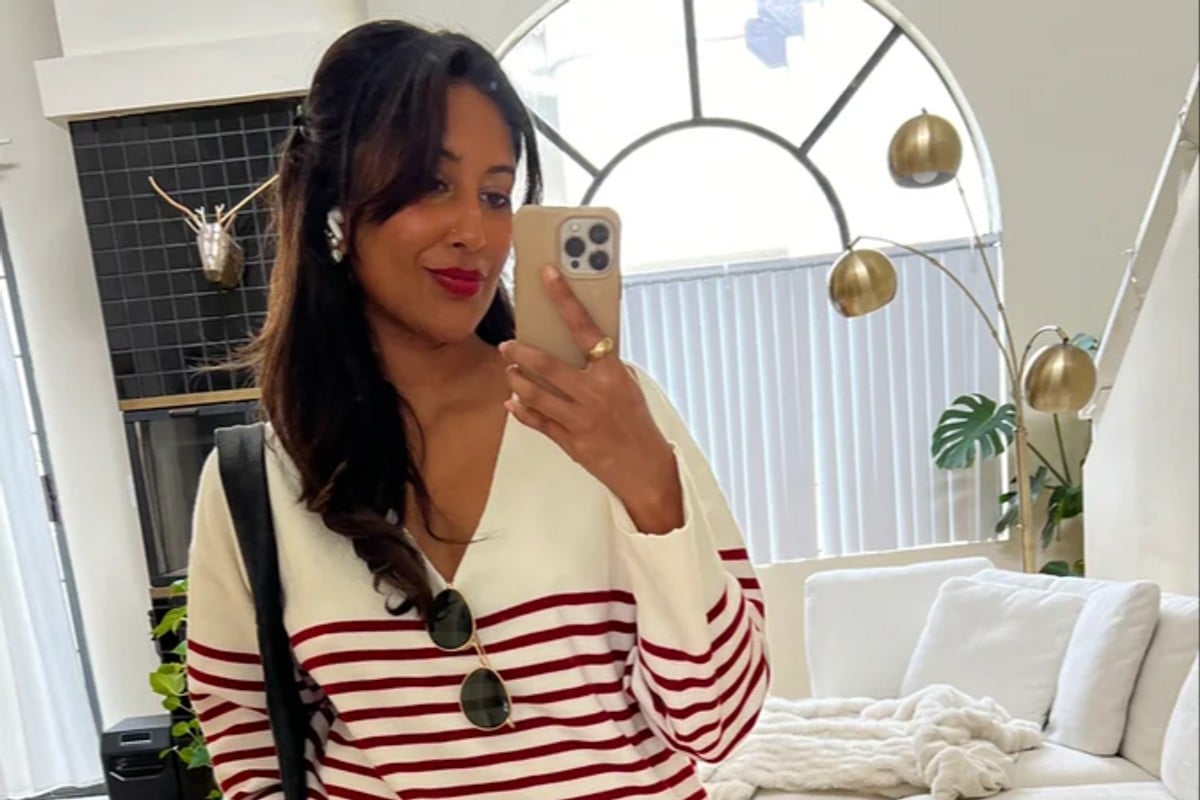
Growing up, I learnt pretty quickly that my surname was considered a problem. In school, my teachers would stare at the roll, pause when they got to my name, and inevitably find a workaround. It started with mispronunciations, then escalated to nicknames like "Tina ABC," as though my full surname was just too much to deal with.
At first, it seemed harmless. Everyone laughed, including me. I was just a brown kid desperate to 'fit in'. But as the years went on, that recurring moment — when my name was reduced, simplified, or dismissed — began to stick. It planted a seed of shame that I didn't fully recognise at the time. I started to believe that my name really was "too hard" and that it was something I needed to apologise for.
My surname, Abeysekara, carries with it my Sri Lankan heritage — a connection to my roots that I have always treasured, but one that, for a long time, I was made to feel ashamed of. Rather than celebrating this piece of my identity, I let the fear of mispronunciations and awkward moments take precedence.
By the time I reached adulthood, this narrative had taken root. Anytime someone asked for my surname, I would immediately respond with, "I'm so sorry — it's really long. I know it's hard." It wasn't just a habit; it was a reflex. Without realising it, I had internalised the idea that my name was something to be embarrassed about, something I needed to downplay to make things easier for others.
That shame stayed with me for years. It influenced the way I introduced myself, the way I filled out forms, and even how I thought about my own identity. When applying for jobs, I would call the recruiter to prove that I was fluent in English just in case my name might hold me back from opportunities. I had become accustomed to proactively mitigating any issues my name would bring.





























































































